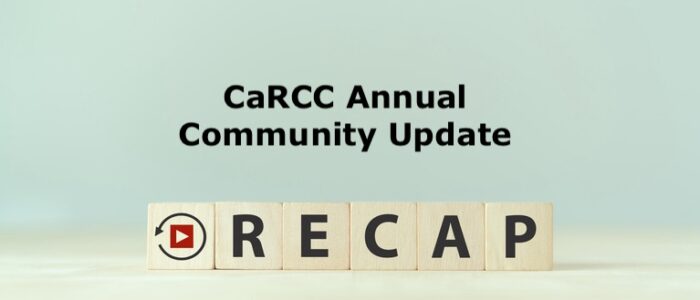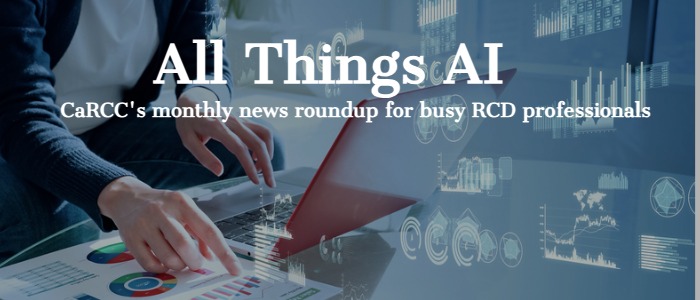Learn more about us and our motivations.
Learn how to become more involved with CaRCC.
Joining CaRCC is free.
Join us today!
CaRCC Volunteer Opportunities

CaRCC is seeking volunteers for several efforts that will have a significant impact on CaRCC and the Research Computing and Data (RCD) Community. This is a chance to make a real difference to the future of CaRCC. We need your help!



